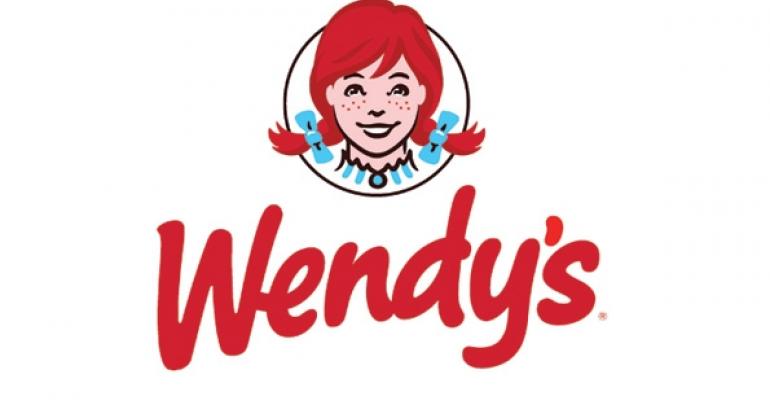The Wendy’s Company ended a longstanding dispute with former franchisee DavCo Restaurants LLC by buying its 140 Wendy’s locations and reselling them to another franchisee, NPC International, Inc., resulting in a net loss for the second quarter of 2017.
“Due to the unique nature of the transactions, the Company incurred a total pre-tax loss of $43.1m and a net cash outflow, exclusive of franchise fees received, of $17.8m,” Wendy’s said in a release announcing its performance for the quarter ended July 2, 2017.
The Dublin, Ohio-based quick service chain reported a net loss of $1.8 million, or 1 cent per share, compared to a gain of $26.5 million, or 10 cents per share, for the 2nd quarter of 2016.
Wendy’s sued DavCo in late 2014 after the franchisee refused to remodel restaurants or buy a company-wide point-of-sale system. The dispute was resolved this spring when Wendy’s bought all of DavCo’s restaurants and subsequently sold them to NPC, making the latter the system’s largest franchisee with 386 locations.
As part of the agreement, NPC agreed to remodel 90 units by the end of 2021 and to open 15 new restaurants by the end of 2022.
Wendy’s revenue also was down, by 16.3 percent to $320.3 million, from $382.7 million in the second quarter of 2016, as the company shed 251 company-owned stores. That loss in revenue was partly offset by higher franchise royalty revenue and fees and by franchise rental income, the company said.
Same-store sales for North American locations were up, however, by 3.2 percent.
Wendy's closed a net 11 restaurants in North America, having closed 21 and opened 10, and opened a net 24 restaurants internationally.
Wendy’s also continued is “Buy and Flips” program in which it facilitates franchisee-to-franchisee restaurant transfers. During the 2nd quarter, 294 restaurants changed hands from one franchisee to another, including the DavCo-NPC transaction.
Wendy’s said the program was being carried out “to ensure that restaurants are operated by well-capitalized franchisees that are committed to long-term growth.”
“We remain on track to achieve our 2017 target,” said CEO Todd Penegor, who attributed the chain’s same-store sales growth to a successful stream of limited-time offers as well as its engaging social media program.
The company also said it remains on track to achieve the 2020 goals it had announced previously.
Contact Bret Thorn at [email protected]
Follow him on Twitter: @foodwriterdiary

